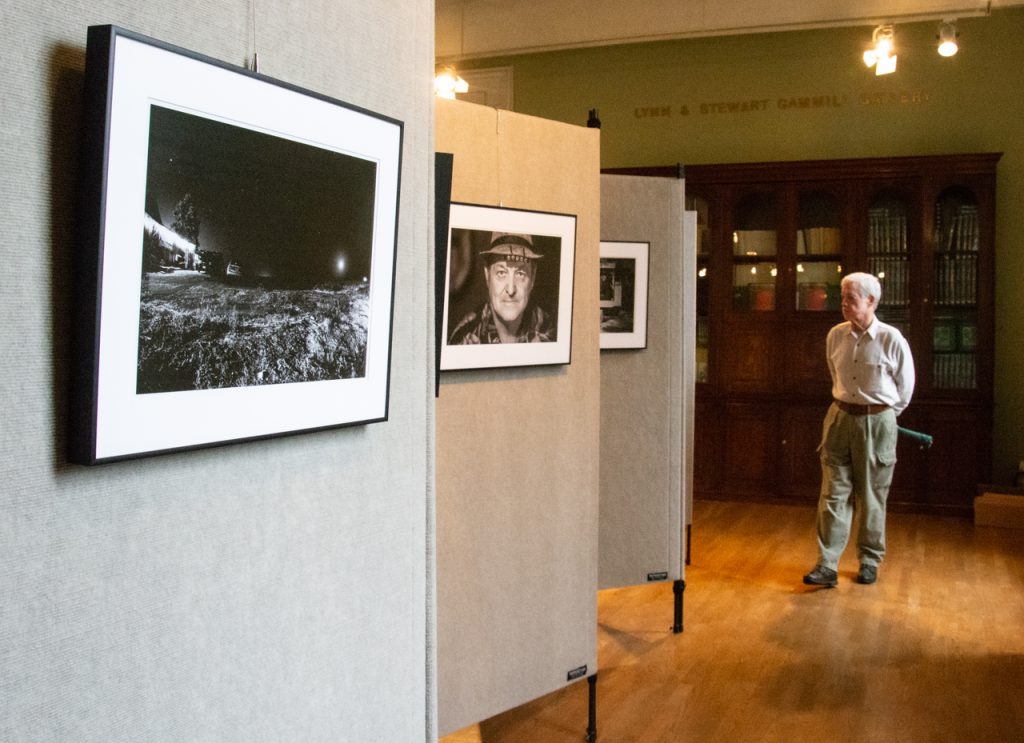John T. Edge knows good Southern food. In fact, he thinks that the food people eat and where they eat it tells a story. This is the premise behind his and Wright Thompson’s documentary series, “TrueSouth,” which recently concluded its second season.
Edge, three-time James Beard Award winner and the director of the university’s Southern Foodways Alliance, signed with ESPN to host the series on its channel. On Wednesday, he and Thompson, the executive producer and an Oxford resident, hosted a viewing of the episode about Memphis in the Barnard Observatory.
“I think a lot of TV gets the South wrong, especially TV that aims to tell a story of food in the South,” Edge said, “We try to come close to getting it right.”

Each “TrueSouth” episode explores a new city by picking two restaurants that explain the community’s personality and history. While Edge said his goal was to tell individual aspects of each city’s story, he faced expected challenges because of his difference in background from the people he spoke with in Memphis.
“We’re a largely white crew working with local black Memphis folk to tell a story and be as honest about that as we can be,” Edge said.
One graduate student from Memphis who attended the viewing said that the documentary was not an accurate representation of her hometown.
“To me, it seems that it’s reinforcing some very negative images,” Jasmine Stansberry, a history Ph.D student, said. “I appreciate the documentary, but this is not my experience in the black Memphis.”
Stansberry said the imagery and language in the episode seemed to tell a monolithic story based on untrue stereotypes of black Southerners.
In the episode, Edge visits Lee Crumb of Pop’s Hot Tamales and Enkia Leach of Ms. Girlee’s, a soul food restaurant.
Edge portrayed Ms. Girlee’s restaurant as the welcoming side of Memphis — where customers go to feel like they belong.
“When our customers walk through this door, they are somebody,” Leach said.
Pop’s is shown through the lens of Mississippi’s influence on Memphis. Edge said the hot tamales sold by Pop’s are the most typical food in the Mississippi Delta.
Crumb was born in Mississippi but moved to Chicago during the Great Migration. After 20 years, he moved to Memphis, and said he has no interest in returning to Mississippi.
In the episode, Edge spoke with Zandria Robinson, a professor at Georgetown University who said many citizens of Memphis are directly connected to Mississippi by way of relatives. Robinson said this is another way in which Memphis and Mississippi are directly intertwined.
“There are those of us who are constantly going back and forth home. We’re sending children down there for the summer. We’re going to the family reunions there,” Robinson said. “Then you have folks who have drawn a line at that state line, like Pop.”
Ultimately, Edge said Pop’s proves that “there’s no Memphis without Mississippi.”


























